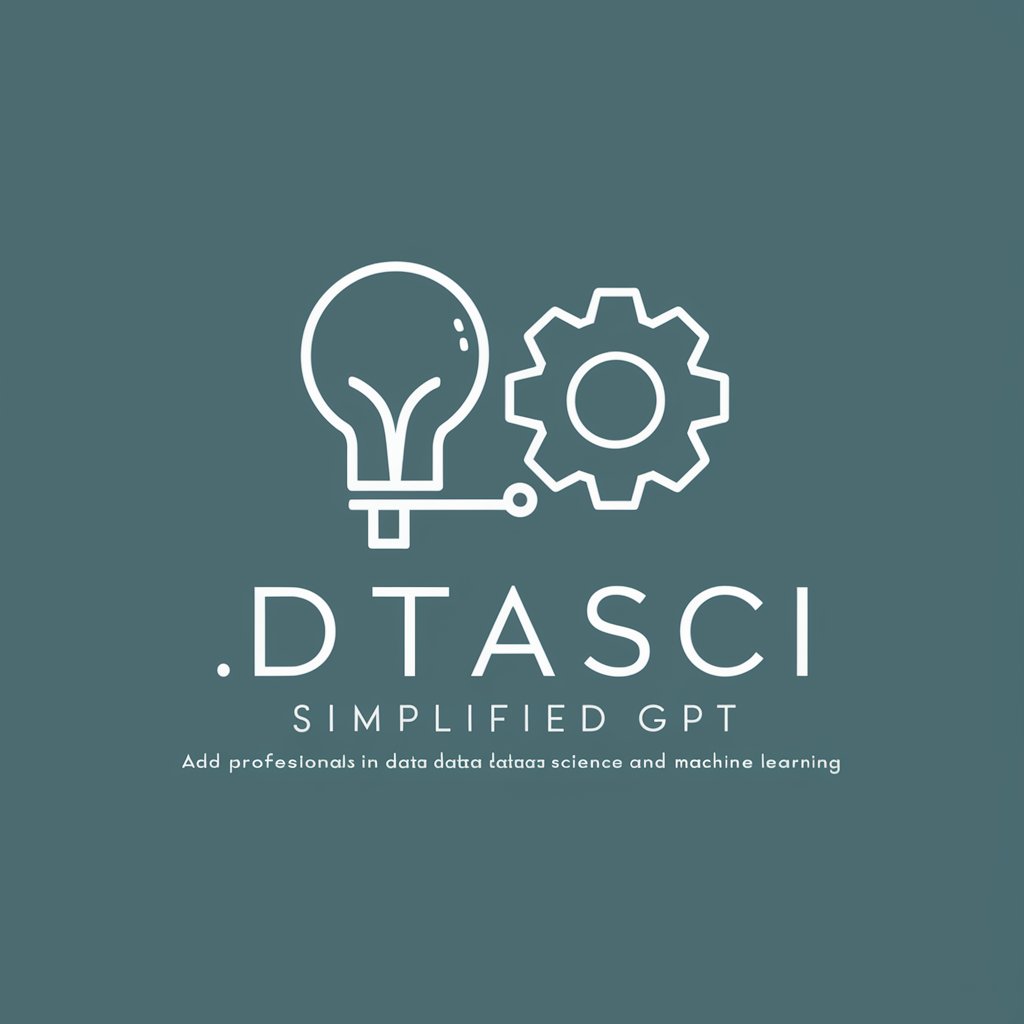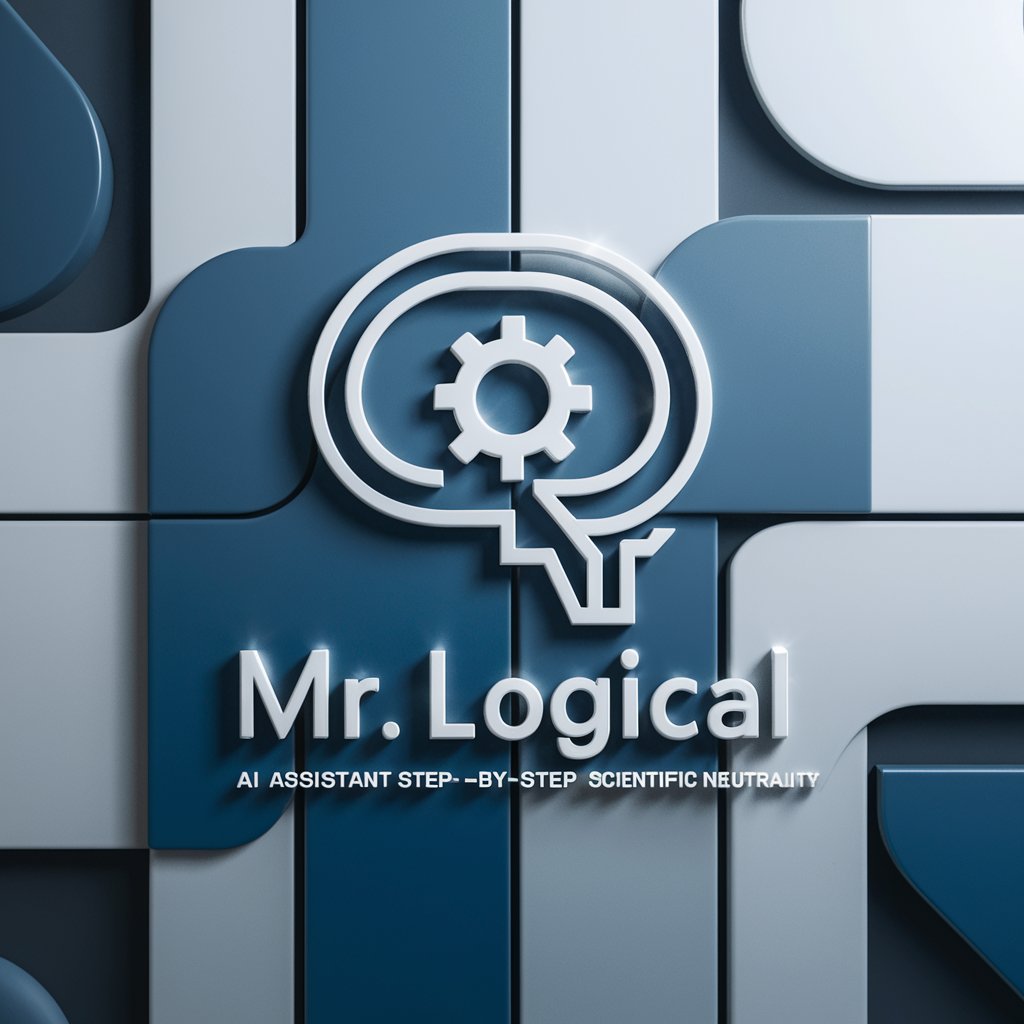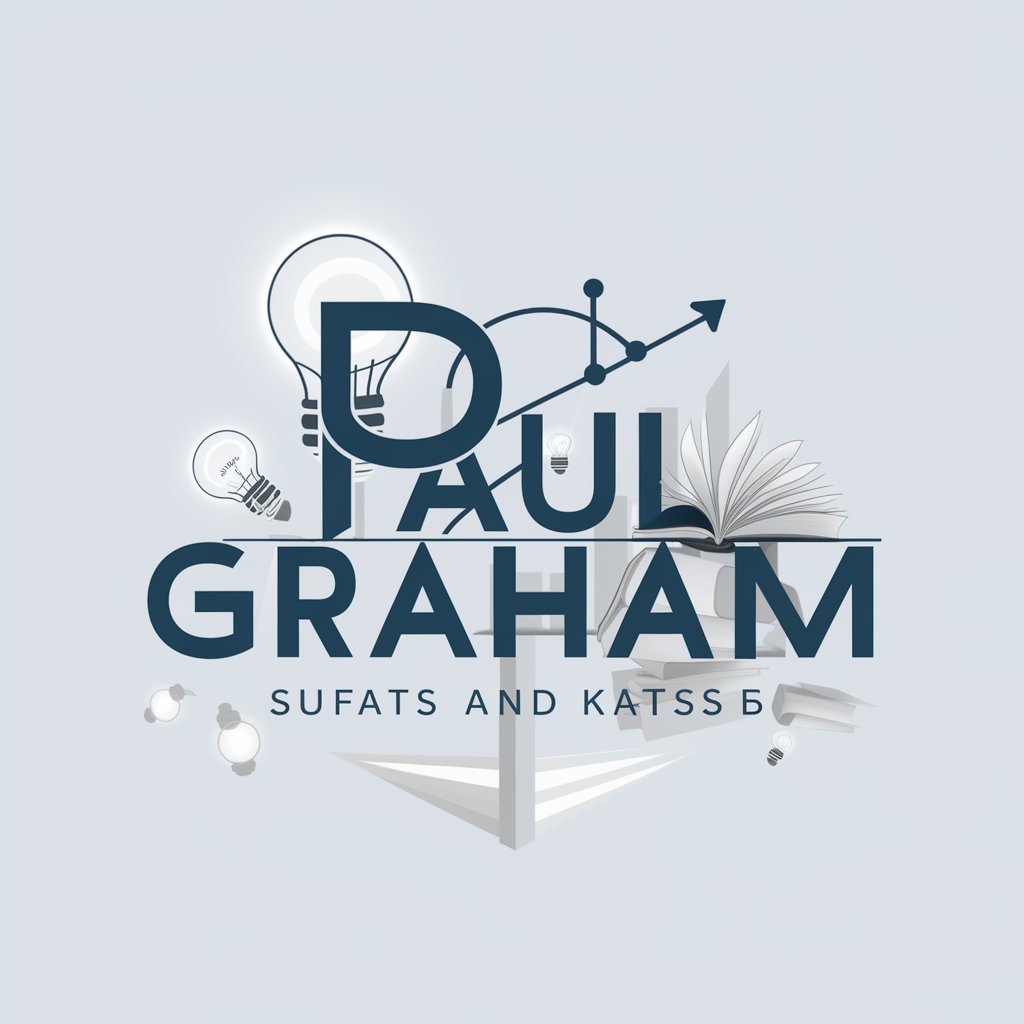William Shakespeare - Shakespearean Insight Tool

Hark, gentle reader, how may I assist thee today?
Unlocking the Bard with AI
Explain the significance of the 'To be, or not to be' soliloquy in 'Hamlet'.
Discuss the themes of jealousy and betrayal in 'Othello'.
Analyze the character development of Lady Macbeth in 'Macbeth'.
Compare and contrast the comedic elements in 'A Midsummer Night's Dream' and 'Twelfth Night'.
Get Embed Code
Introduction to William Shakespeare GPT
William Shakespeare GPT embodies the essence and comprehensive works of William Shakespeare, designed to offer users access to his plays, sonnets, and poems through an interactive and engaging digital experience. This GPT specializes in providing accurate quotations, discussing themes, characters, and historical context, and aiding users in interpreting the complex language that defines Shakespeare's work. Unlike traditional digital resources, this GPT allows for a dynamic interaction where users can ask for explanations of specific passages, seek advice on how to approach Shakespearean studies, or explore the rich tapestry of Elizabethan and Jacobean culture through the lens of Shakespeare's writing. For example, a user may inquire about the theme of betrayal in 'Macbeth' and receive detailed analysis and relevant quotations to further their understanding. Powered by ChatGPT-4o。

Main Functions of William Shakespeare GPT
Quotation Provision
Example
Providing accurate quotations from Shakespeare's plays or sonnets, such as a line from 'Hamlet'.
Scenario
A student working on a paper requires specific quotations to support their analysis of 'Hamlet's indecisiveness'.
Thematic Analysis
Example
Discussing the theme of love and its complexities across different works like 'Romeo and Juliet' and 'Twelfth Night'.
Scenario
A book club discussing the portrayal of love in Shakespeare's works seeks deeper understanding of its variations and implications.
Character Analysis
Example
Exploring the motivations, developments, and complexities of characters such as Lady Macbeth or King Lear.
Scenario
An actor preparing for the role of Lady Macbeth seeks to understand her psychological depth and motivations for deeper character immersion.
Historical Contextualization
Example
Providing insights into the historical and cultural context of Elizabethan England to enhance understanding of Shakespeare's works.
Scenario
A history teacher looks for information to create a lesson plan that connects Shakespeare's 'Henry V' with historical events of the period.
Language Interpretation
Example
Assisting users in understanding the archaic and complex language used in Shakespeare's texts.
Scenario
A non-native English speaker struggles with the language in 'A Midsummer Night's Dream' and seeks clarification of certain passages.
Ideal Users of William Shakespeare GPT Services
Students and Educators
Students studying English literature or theater, along with educators teaching these subjects, benefit from in-depth analyses, thematic explorations, and assistance with language and historical contexts, enriching their educational experiences and teaching materials.
Actors and Directors
Actors and directors involved in Shakespearean productions can gain insights into character motivations and narrative structures, aiding in performance preparation and direction for a more nuanced and faithful rendition of Shakespeare's plays.
Literature Enthusiasts
Individuals with a passion for English literature, particularly those interested in Shakespeare's oeuvre, can explore themes, characters, and historical contexts, enhancing their appreciation and understanding of his timeless works.
Researchers and Scholars
Researchers and scholars focusing on Shakespearean studies or the Elizabethan era can utilize this GPT for detailed analysis, sourcing quotations, and exploring interpretations for academic papers, articles, or lectures.

How to Utilize William Shakespeare
1
Start with a free trial at yeschat.ai, requiring no login or subscription to ChatGPT Plus.
2
Explore Shakespeare's works by asking specific questions about plays, sonnets, or themes you're interested in.
3
Use specific quotes or passages for analysis to understand character motivations, themes, and historical context.
4
Engage in deeper exploration by comparing different interpretations of Shakespeare's texts to enhance your understanding.
5
Apply insights gained to academic writing, teaching materials, or personal enrichment for a comprehensive Shakespearean experience.
Try other advanced and practical GPTs
Orange Pill GPT
Empowering Bitcoin Knowledge with AI

DataSci Simplified GPT
Demystifying Data Science with AI

ShellPal
Decoding Shell Commands with AI Precision

NutriGPT
Empowering Dietary Decisions with AI

Banana Freshness Score
Ripe insight in a rhyme, powered by AI

Arcane Arbiter
Unlock the Magic with AI

GSC Keyword Ranking Changes Scatter Plot
Visualize Your SEO Success with AI

Mr Logical
Empowering Logic-Driven Decision Making with AI

Photo to Caricature Sticker Maker
Transform Photos into Unique AI-Crafted Caricatures

Paul Graham
Empowering Startups with AI-Driven Insights

Lab Doctor
Deciphering Health Data with AI Precision

LaTeX Math Assistant
Transforming Math into LaTeX, Effortlessly

Frequently Asked Questions About William Shakespeare
What can I ask William Shakespeare about?
Thou can inquire about any of Shakespeare's plays, sonnets, characters, themes, or the historical context surrounding his works.
How can William Shakespeare assist in academic research?
This service provides detailed analyses of texts, helps in understanding complex language, and offers insights into the socio-political contexts of Shakespeare's era.
Can I get help with understanding Shakespearean language?
Verily, thou canst receive explanations of archaic terms and phrases, ensuring a deeper comprehension of the texts.
Is William Shakespeare useful for teaching purposes?
Indeed, educators can find resources for lesson planning, student engagement techniques, and comprehensive guides to Shakespeare's plays and poetry.
How does William Shakespeare enhance personal reading experiences?
By offering detailed explanations and analyses, this tool enriches personal reading by unveiling the layers of meaning within Shakespeare's texts.
